The content of the article
- 1 When is breaking a mustache a natural process?
- 2 The reasons leading to breaking off a mustache
- 3 Diseases from which a mustache can break
- 4 Fungal diseases and parasites
- 5 What to do if a kitten starts to break and a mustache falls out
- 6 Prevention
- 7 Video: what will happen if you cut the mustache of the cat?
When a pet gets sick, it is always worries, troubles and worries. And who is more worried - the pet or its owner - is hard to say. But for some reason, few cat owners pay attention to a seemingly insignificant problem, like a broken mustache. Often a broken mustache is not just a physiological feature, but gives a signal that something is wrong in the body. This becomes especially important when it comes to a small kitten. The little fluffy lump has just begun to live, and he has already begun such problems - maybe something is wrong with him. And it is not clear whether the tendrils broke on their own (quite possibly), or the help of a veterinarian is needed. How to determine whether the owner needs to worry when a kitten has a broken mustache?
When is breaking a mustache a natural process?
Owners who are too worried about the integrity of their pet's mustache need to know that vibrissae (the cat's mustache is called scientifically) fall out naturally. This process is inherent in nature and is as natural as molting in dogs or cats. Feline vibrissae should be updated every three to four months, that is, the old mustache falls out, and the new takes its place. But, if the antennae constantly breaks off, then here you need to worry and look for the cause.
There are times when a cat runs without a mustache. The following reasons contribute to this:
- Features of the breed. Mustache does not grow in sphinxes and some breeds of cats hybrid with this species.
- A curious kitten very often learns a lot of new things, but a young mustache becomes a pay. Sometimes at a young researcher who has climbed into a place, the vibrissae break off partially, sometimes completely. And also a cat-mother, trying to reassure the child and prove that she is the main in the family, bites his mustache.
- Often a young cat loses its mustache as a result of a collision with a fellow tribesman - after a fight there are many chances to lose vegetation on his body.
These are natural causes, not worth the excitement - a short time will pass, and everything will be restored.
The reasons leading to breaking off a mustache
There are many reasons why a kitten may lose its mustache. Here are the most common ones:
- The house is too dry air. If the air in the apartment is too dry (which often happens in winter, when a large number of heating devices), then the kitten may begin to break a mustache. This can happen to any cat.
- The kitten is bathed too often using bad shampoos. Often bathing a cat, and even so, lathering it with low-quality shampoos, the owner easily does everything so that the pet has seborrhea - a skin disease. At which vibrissae also break off and fall out.
- The kitten is growing up. During the transitional age, the kitten is disturbed in metabolism; as a result, the mustache can also break off.
Diseases from which a mustache can break
One of the reasons leading to the loss of mustache is that the kitten does not eat and drink properly. Seeing that a four-legged friend is giving up water or, conversely, has begun to drink a lot and often, the owner should beware and think about a visit to the doctor. The fact that the mustache is broken off is rather not the cause of the disease, but one of the symptoms.
With nutrition, it is exactly the same - if the diet is poorly balanced, then the mustache ceases to be elastic and breaks as soon as the kitten unsuccessfully jumps or falls. There are various cases when nutritional imbalance may occur:
- Artificial products. Although they write on feeds about the presence of useful minerals and necessary vitamins, in reality they are often made from products that are useless for cats. Especially if these are cheap products. Sometimes an animal simply does not tolerate this or that food. And the most dangerous is the fact that dyes, various additives with chemical components are added to the feed. This not only harms the mustache, but also the cat’s body in general.
- Natural products. In this case, the reason most often occurs in the surrogate components of which the product is made. It is not always possible to know with certainty what meat was processed from, what exactly the cottage cheese was made from, it is not known whether chemicals are added to milk. The feline organism by its nature has a very high sensitivity to such components and it is likely that it was because of them that the kitten began to lose his mustache.
- Food allergy. The kitten suffers from allergic reactions to a product, and not only does his hair and vibrissa fall out, but also tears flow, itchy skin and signs of dermatitis.
- Avitaminosis. The animal simply lacks the necessary vitamins, which leads to damage to the mustache.
- Disorders of the hormonal system. In cats, the functioning of the thyroid gland can often be determined by the mustache. Often hypothyroidism manifests itself - depression or hyperthyroidism - a very high activity. Signs are too large or light weight, thinning of the coat, its loss (and mustache too). Seeing this, you can understand - a young animal has problems with the thyroid gland.
Fungal diseases and parasites
Infection of a cat with an infection or any parasites is a very scary thing, and the owner can notice this precisely because the pet's mustache began to fall out with the hair. Parasites wound up in the body simply gnaw through cat hairs and choose the bulbs as a place to live. And if the fungus starts, then it completely damages all the subcutaneous layers, and the mustache cannot grow. Moreover - they are wrapped, grow into the skin, forming quite painful purulent follicles.
What to do if a kitten starts to break and a mustache falls out
Noticing the problems with the mustache of a small cat, you must immediately take action. Otherwise, the animal will get stress. If you are sure that the breaking off of the mustache is not influenced from the outside (and this can be easily determined by seeing damaged vibrissae on one side only), you need to start with feeding the pet. Diet is the most common reason, as some components are simply not absorbed. Perhaps it lacks some vitamins or minerals. It is not necessary to find out exactly what the kitten is missing on its own, it is better to contact a specialist, and he will determine.
Prevention
So that the young pet does not have problems with the mustache, you need to look carefully at him and follow some rules.
- The kitten should eat balanced quality food. An organism that receives everything necessary for further development will enjoy good health.
- If there are other pets in the house, you need to do everything so that the kitten is protected from them. Growing up - he will be able to give them back, but for now small (up to 3 months) it is better not to allow any hassles and showdowns.
- In order to prevent unwanted parasitic guests from living in the cat’s body, you must constantly wash the cat and give anthelmintic drugs.
Of course, the necessary quality assistance can be provided only when contacting veterinarians. And if you visit veterinary specialists all the time, then all potential problems related to cat health can be recognized even before they occur. And to do everything without problems so that complications leading to the loss of a mustache do not arise.
Video: what will happen if you cut the mustache of the cat?

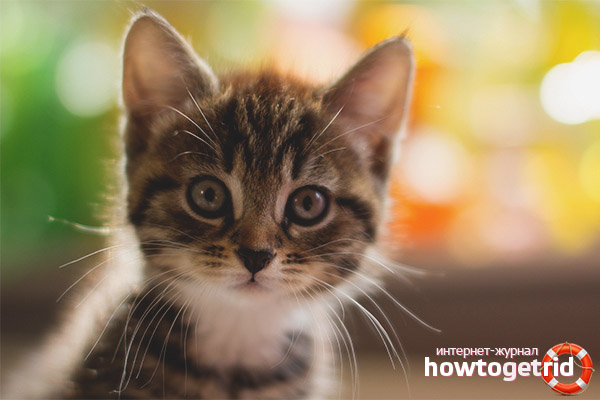
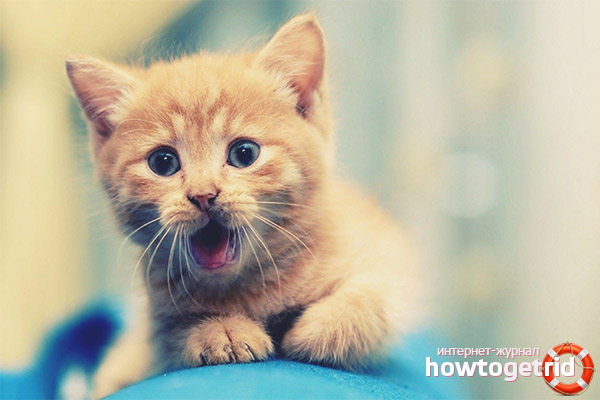
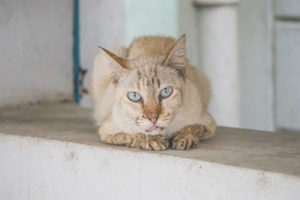
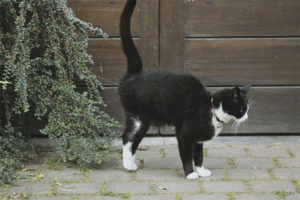
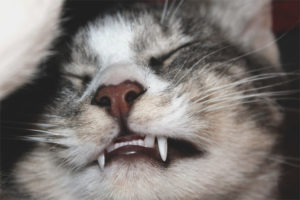
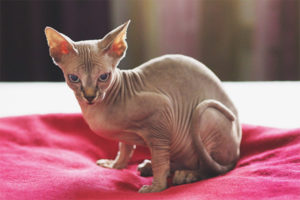
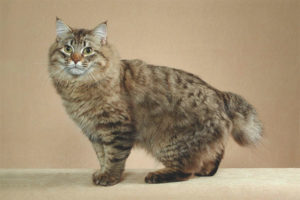
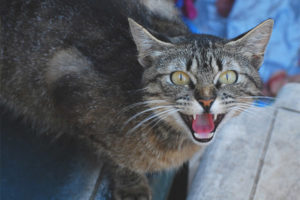
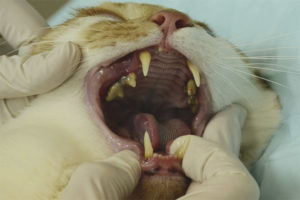
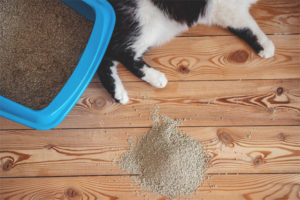
Submit